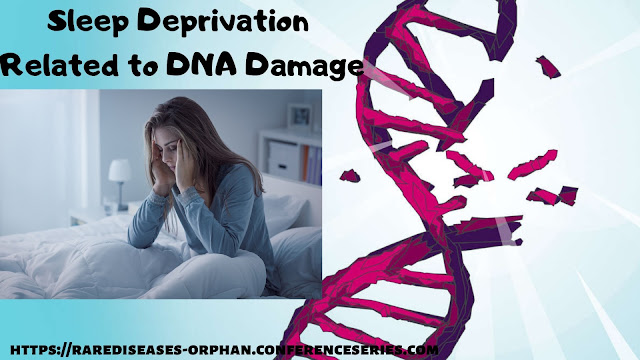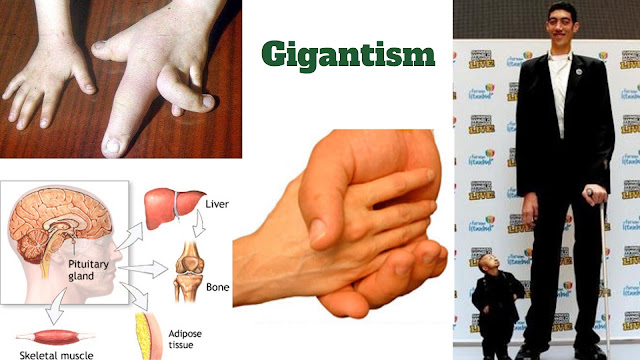The effect of sleep deprivation and disruption on DNA damage
The effect of
sleep deprivation and disruption on DNA damage
DNA damage and repair are dynamic processes that may be affected by various conditions and cellular events. Animal studies have shown that sleep loss can induce genetic damage in different organs. Sleep deprivation is known to induce oxidative stress, and there is increasing interest in genomic changes related to sleep deprivation. The way people’s genes work is altered when their body clock is interrupted. A study has shown that sleep deprivation does more harm to the human body, than imagined. According to it, sleep deprivation can affect our genes and lead to the destruction of our DNA. Damaged DNA amplified after only one night of sleep deprivation. According to the researchers, this damage may help illuminate the increased risk for cancer and cardiovascular, metabolic diseases as well as neurodegenerative disorders that are usually related with sleep deprivation. Although this work is very preliminary, it is clear that even a single night of sleep deprivation can trigger events that may contribute to the development of chronic disease. Sleep deprivation in shift workers is connected with adverse health significances.
Symptoms
The fundamental side effect of on-going sleep loss is excessive daytime sleepiness, but other signs include:
· Yawning
· Moodiness
· Fatigue
· Irritability
· Depressed mood
· Increased appetite and carbohydrate cravings
· Forgetfulness
Causes
Followings are the causes of sleep deprivation:
· Not getting enough sleep keeps the body from strengthening the immune system and generating more cytokines to fight infection.
· Sleep deprivation can similarly consequence in an increased risk of new and advanced respiratory diseases.
· A lack of sleep can influence body weight. Two hormones in the body, leptin and ghrelin,that regulate feelings of hunger and satiety, or fullness. The levels of these hormones are influeneced by sleep. Sleep deprivation also causes the discharge of insulin, which leads to increased fat storage and a higher threat of type 2 diabetes.
· Sleep supports the heart vessels to heal and rebuild just as influencing forms that maintain blood pressure and sugar levels just as inflammation control.
· Not sleeping enough increases the possibility of cardiovascular disease. Insufficient sleep can influence hormone production, including growth hormones and testosterone in men.
Sleep-Inducing Foods
Your dietary choices additionally play a role in your sleep cycle and configuration. Here are some sleep-inducing foods you can stab:
1. Banana: Bananas are filled with tryptophan, an amino acid that plays a vital role in keeping your mind peaceful. Bananas also have magnesium that reduces your muscles and reliefs you sleep better.
2. Milk: Milk is complete with tryptophan, which has gentle effects on the brain, which may help you to sleep well, as well as keep you calm and stress-free.
3. Cherries: Cherries contain melatonin, a hormone that plays a vital role in regulating the sleep-wake cycle of the body. Ensure you don't eat more than 10 of every multi day.
4. Brahmi: Several investigations have also pointed how brahmi could verify effective in supporting sleep. It is also known to enhance concentration and digestive issues.
5. Ashwagandha: Ashwagandha is broadly known to promote sound sleep, as per Ayurveda. It contains a compound called triethylene glycol, which may have sleep- initiating properties. Ashwagandha is correspondingly effective in managing anxiety and depression.




Comments
Post a Comment